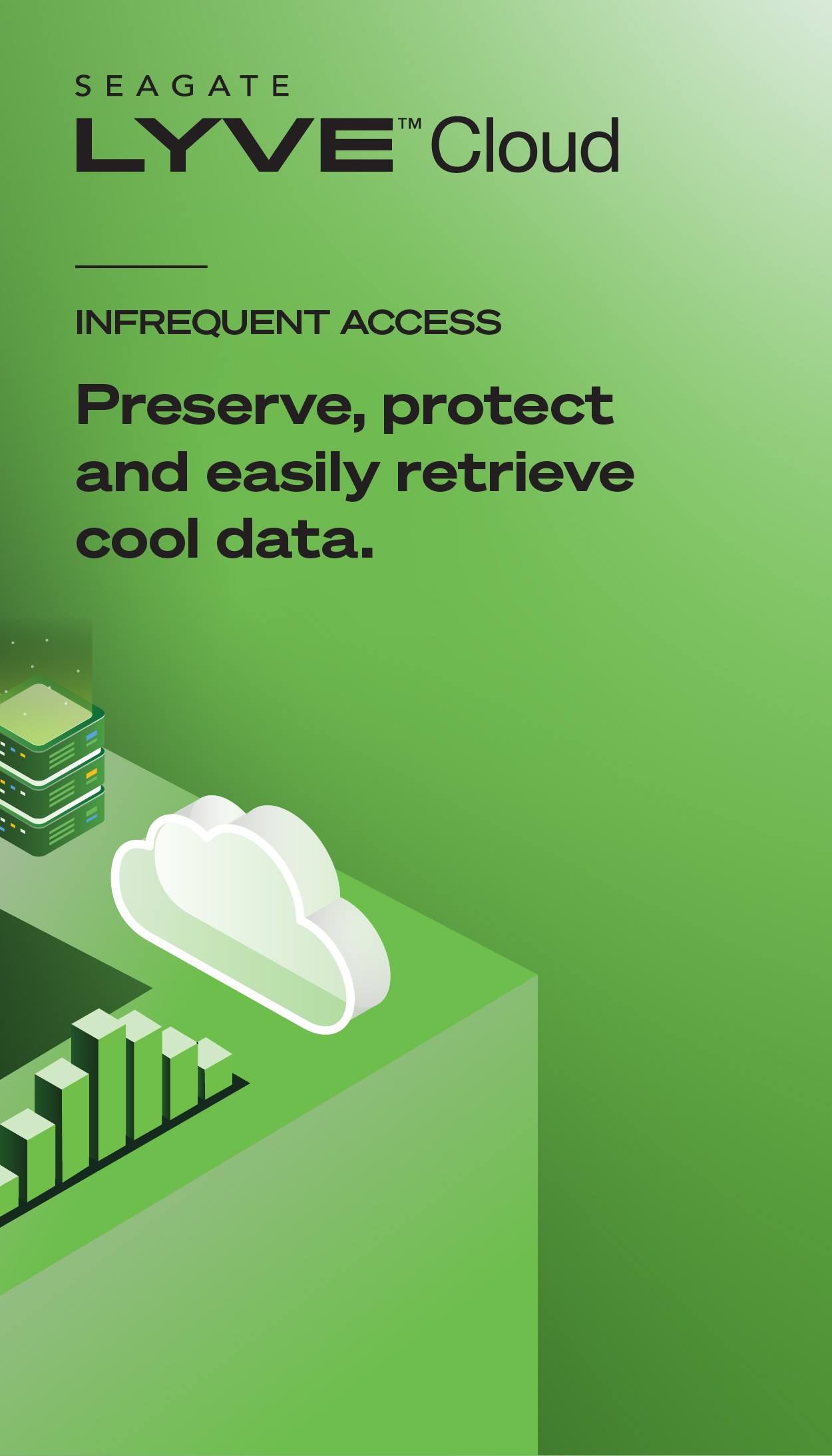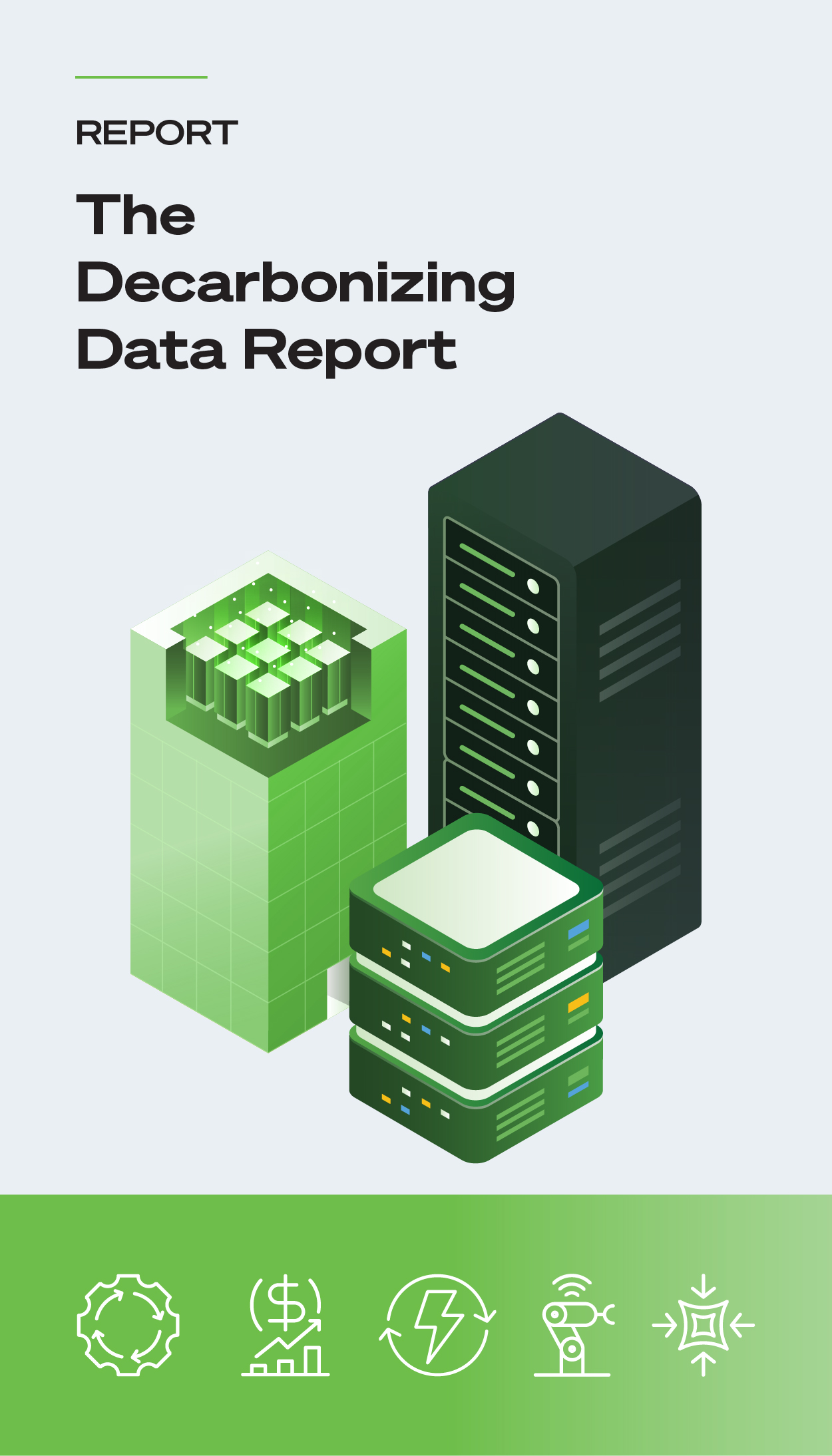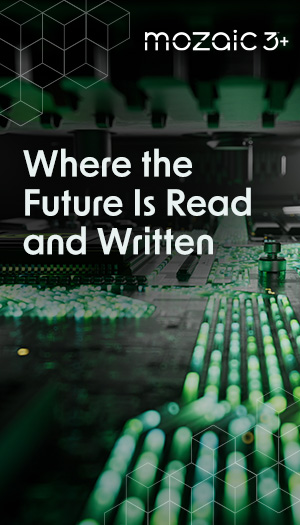Global data volume is projected to be 175 zetabytes by next year. Approximately 2.5 quintillion bytes of data are generated in the United States daily. In today’s ever-expanding digital landscape—where data volumes continue to soar—data storage architecture and management is crucial.
A distributed data storage system is an innovative solution for how businesses store, manage, and leverage their data assets. By dispersing data across multiple physical servers and locations, distributed storage systems enhance scalability, reliability, and performance, addressing the evolving needs of modern enterprises.
Let’s explore the intricacies of distributed data storage, including its many advantages and practical applications for your organization.
What Is a Distributed Data Storage System?
A distributed data storage system is a sophisticated infrastructure that disperses data across multiple physical servers, often spanning different geographical locations or data centers. This decentralization lowers risks associated with centralization, such as single points of failure, while enhancing scalability and reliability.
Three fundamental concepts that underpin distributed storage are:
Partitioning
Partitioning involves dividing a database into smaller, manageable segments. Each partition holds a subset of data, improving scalability and performance by allocating the workload across multiple servers or storage units.
Partitioning also enhances fault tolerance and availability since failure in one partition doesn’t affect the entire database. Plus, administrators can focus on specific partitions rather than the entire dataset to promote easier data management.
Replication
Replication strategies vary—from simple replication to techniques like sharding for scalability. Replication duplicates data across multiple nodes or servers to ensure redundancy and fault tolerance. It enhances data availability and reliability by providing backups in case of node failure.
Since replicas can serve read requests and lessen the burden on the core database, organizations benefit from enhanced read performance and increased support against data loss. Replication also helps with distributed data access, enabling geographically dispersed users to reach data locally for an improved user experience.
Fragmentation
Fragmentation occurs when data is divided into smaller, self-contained units to optimize storage and access. It enhances performance by reducing the data processed in each query, which leads to faster retrieval times. Organizations benefit from improved resource utilization as fragmented data allows for more efficient storage allocation.
Fragmentation also supports data distribution across diverse storage media. This means organizations can leverage different storage technologies based on specific performance and cost requirements. Furthermore, fragmentation facilitates data isolation, ensuring changes or failures in one fragment don’t impact the entire dataset, thus enhancing system reliability and fault tolerance.
Role of Distributed Data Storage in Modern Systems
Distributed storage systems are indispensable in contemporary IT ecosystems, where data volumes are skyrocketing. Enterprise storage systems are the backbone for various applications, including cloud computing, big data analytics, and edge computing.
Their ability to handle massive datasets with agility and resilience makes them ideal for modern workloads, which are often characterized by dynamic scalability requirements and stringent performance demands.
Distributed Data Storage Systems Architectures
Distributed data storage systems come in various architectures, each tailored to specific use cases and operational requirements:
Cluster-Based
In cluster-based architectures, multiple nodes are interconnected to form a group or cluster, each contributing storage capacity and processing power. This architecture fosters high availability, fault tolerance, and scalability, making it suitable for enterprise environments and mission-critical applications.
Peer-to-Peer
Peer-to-peer architectures distribute data across a network of interconnected nodes, each functioning as a client and a server. This decentralized approach eliminates single points of failure and promotes dynamic resource allocation, making it perfect for distributed file sharing and collaborative environments.
Hybrid Storage
Hybrid storage architectures combine centralized and distributed storage systems, leveraging the advantages of each option. Hybrid storage solutions offer unparalleled flexibility, scalability, and cost-effectiveness by seamlessly integrating on-premises infrastructure with cloud-based storage services.
Advantages of a Distributed Data Storage System
Adopting a high-performance distributed data storage system results in many benefits. These are the main challenges organizations face in managing and leveraging data, and how a distributed data storage system can improve data handling:
Scalability and Capacity Planning
Distributed storage systems scale effortlessly to accommodate growing data volumes, eliminating the need for costly and disruptive storage upgrades. Organizations can seamlessly expand their storage infrastructure to meet evolving business requirements without compromising performance or reliability.
Data Reliability and Availability
With the distributed approach, data is replicated across multiple nodes, resulting in high availability and fault tolerance by replicating data. During node failures or network disruptions, data remains accessible, minimizing downtime and preserving business continuity.
Better Performance
Distributed storage systems leverage parallel processing and data location optimizations to deliver high performance to traditional monolithic storage architectures. Latency is reduced and throughput is maximized by distributing data closer to where it’s needed, enhancing the responsiveness of critical applications.
Cost Reduction
The distributed nature of storage resources allows organizations to optimize resource utilization and reduce operational costs. Distributed storage systems offer a cost-effective alternative to proprietary storage solutions by leveraging commodity hardware and open-source software without compromising performance or reliability.
Fault Tolerance
Distributed storage systems employ robust fault tolerance mechanisms—such as data replication and erasure coding—to withstand hardware failures, network outages, and other disruptions. Data integrity and availability are preserved, giving you uninterrupted access to critical business data.
Compliance Support
Distributed storage systems promote compliance with regulatory requirements and data protection standards by implementing encryption, access controls, and audit trails. Organizations can demonstrate compliance with confidence, mitigating legal and reputation risks associated with data breaches or non-compliance.
Improved Data Security
Distributed storage systems enhance data security and privacy by distributing data across multiple nodes and encrypting data in transit and at rest. Advanced security features, such as identity management and multi-factor authentication, boost defenses against unauthorized access and cyber threats.
How Does It Work?
Distributed data storage systems are instrumental in a variety of business information use cases. Whether it’s cloud computing environments, big data analytics, or edge computing applications, the versatility of distributed file systems is unmatched.
Distributed data storage systems are widely adopted in the following scenarios:
Cloud Computing Environments
By harnessing distributed storage architecture, businesses can make sure the infrastructure supporting the cloud computing can handle the increasing data volume while providing dependable and affordable storage solutions on demand. Since it adapts to changing workloads and storage requirements, this method maximizes resource use and scalability.
Big Data Analytics
With big data analytics, distributed storage enables organizations to glean insights from vast datasets, facilitating informed decision-making. By storing and processing data across distributed computing clusters, businesses can analyze customer behavior, identify market trends, and enhance operational efficiency, which helps drive strategic planning and a competitive advantage.
Edge Computing Applications
Distributed storage systems play a crucial role in efficient data storage and retrieval at the network edge. By caching frequently accessed data locally and synching with centralized repositories, edge devices achieve low latency and high availability, facilitating real-time analytics and decision-making.
This empowers businesses to leverage edge computing for applications requiring rapid data processing and response times, such as IoT devices and real-time monitoring systems.
Data Storage Solutions in Action
Australia-based Web 3/Filecoin-focused data storage firm Holon counts on Exos® CORVAULT™ storage solution from Seagate to deliver leading-edge data storage solutions to their clients. As a Web3 storage provider, Holon harnesses the power of Exos CORVAULT to deliver maximum security for customers’ data without the controller-level overhead. Seagate distributed storage solutions enhance scalability, reliability, and performance, enabling organizations like Holon to thrive in the digital age.
Innovative Partnerships
Through strategic partnerships and innovative technologies, Seagate continues to empower businesses to unlock the full potential of distributed storage architectures, driving innovation and success across various industries.
Here are some Seagate software partners that are driving innovation in distributed storage:
OSNexus Integration with Seagate Exos CORVAULT
OSNexus, a leader in distributed storage systems, recognizes Seagate Exos CORVAULT as a crucial technology for scaling storage grids like QuantaStor. With Seagate Mozaic 3+™ platform and larger 30TB hard drives, CORVAULT has become instrumental in overcoming limitations in cluster size and performance.
By leveraging CORVAULT, OSNexus can deliver erasure-coded logical devices, effectively increasing cluster capacity by up to four times, reaching capacities of up to 360PB.
Moreover, CORVAULT localized device repair and auto-healing capabilities minimize network load during maintenance activities and significantly reduce power requirements, making it an efficient solution for high-density storage clusters.
Perifery Integration with Seagate Exos CORVAULT
Perifery object storage solutions seamlessly integrate with Exos CORVAULT, offering a robust distributed data storage solution. Users benefit from edge, on-premises, hybrid cloud, and private cloud setups, with extensive replication options that ensure failover data preservation and top-notch security.
The combination of Seagate Exos CORVAULT and Perifery object storage provides workflow integration and S3 APIs—along with effortless scalability—in a management-free environment.
Bridging Distributed Data Environments with Hammerspace
Hammerspace addresses the challenges of fragmented data across distributed environments by offering unified global file access and policy-based data orchestration. As a vendor-neutral solution, Hammerspace enables seamless integration with any storage platform without requiring data migration. It provides automated data orchestration across silos, sites, and clouds, in addition to reducing operational complexity and costs associated with managing distributed environments.
Hammerspace software-defined architecture allows scalability from small local systems to large, high-performance global data environments, meaning it can adapt to various storage infrastructures. Integrated with Seagate CORVAULT and Lyve™ Cloud, it simplifies the process of including these platforms in distributed data environments. The result is maximized data value and minimized operational complexity.
Seagate Distributed Storage Technology Partnerships
Seagate strategic partnerships with companies like OSNexus, Perifery, and Hammerspace highlight a commitment to innovation in distributed storage solutions, empowering organizations to efficiently manage and leverage their data assets in complex environments between distributed locations.
Our collaboration with leading software vendors and technology partners enables seamless integration and interoperability with third-party tools and platforms, and promotes data sharing and mobility. Through these partnerships, advanced technologies like erasure coding, object storage, and software-defined solutions can be leveraged to optimize performance, efficiency, and manageability across distributed storage environments.
Your Ideal Partner for Data Storage
The adoption of distributed enterprise data storage systems represents a major change in how organizations manage, store, and leverage their data assets. By embracing distributed storage architectures, businesses can unlock unprecedented scalability, reliability, and performance, helping them to thrive in an increasingly data-driven world.
Seagate, a renowned leader in storage solutions, offers industry-leading technologies like Lyve—the edge-to-cloud mass storage platform for cloud-based storage—and Exos CORVAULT for hybrid cloud deployments. Seagate empowers organizations to harness the power of distributed storage for their businesses and clients. Partnering with the right storage provider is crucial...whether it’s leveraging the scalability and flexibility of cloud-based storage or the robustness and security of on-premises infrastructure.
Ready to elevate your data storage strategy with Seagate? Let us help your business unlock unequaled scalability, reliability, and performance for seamless access to critical data assets across distributed environments.
Talk to an expert today to learn more about our distributed storage solutions.












